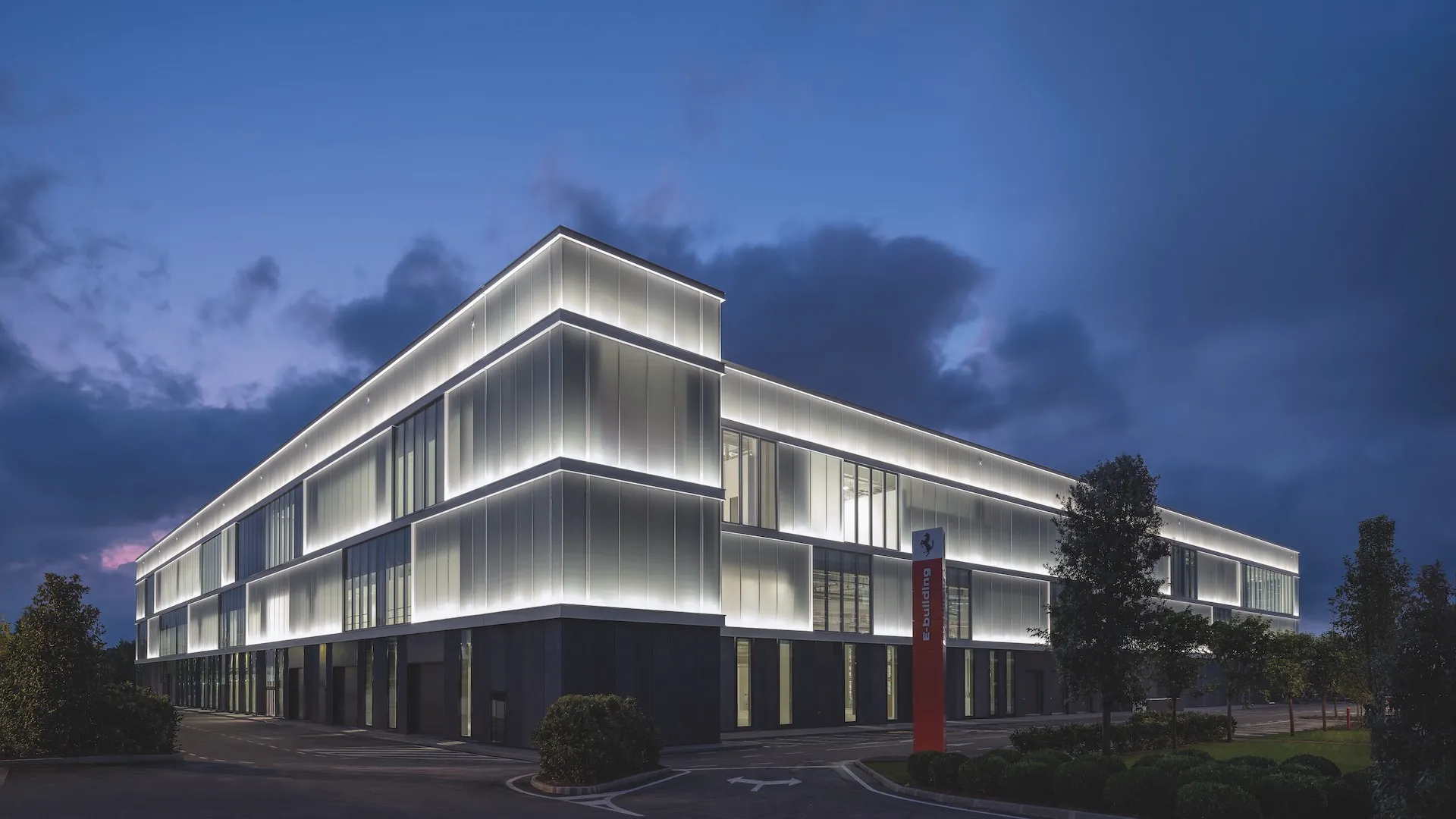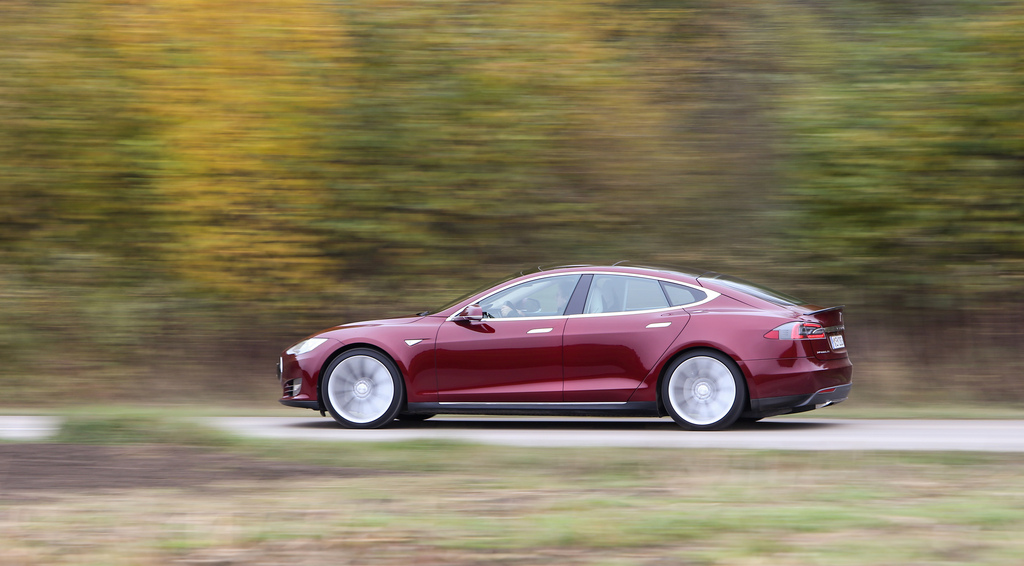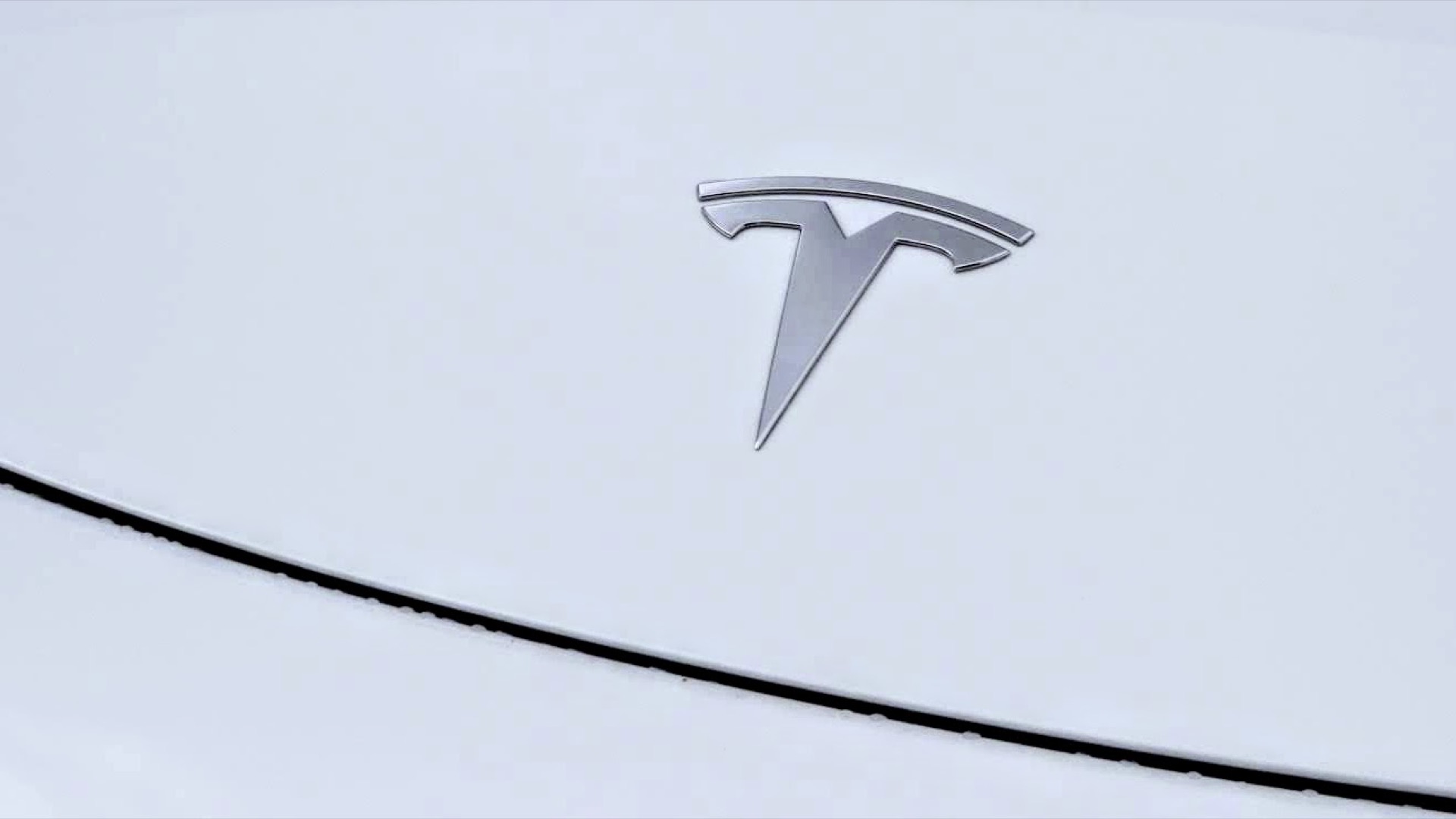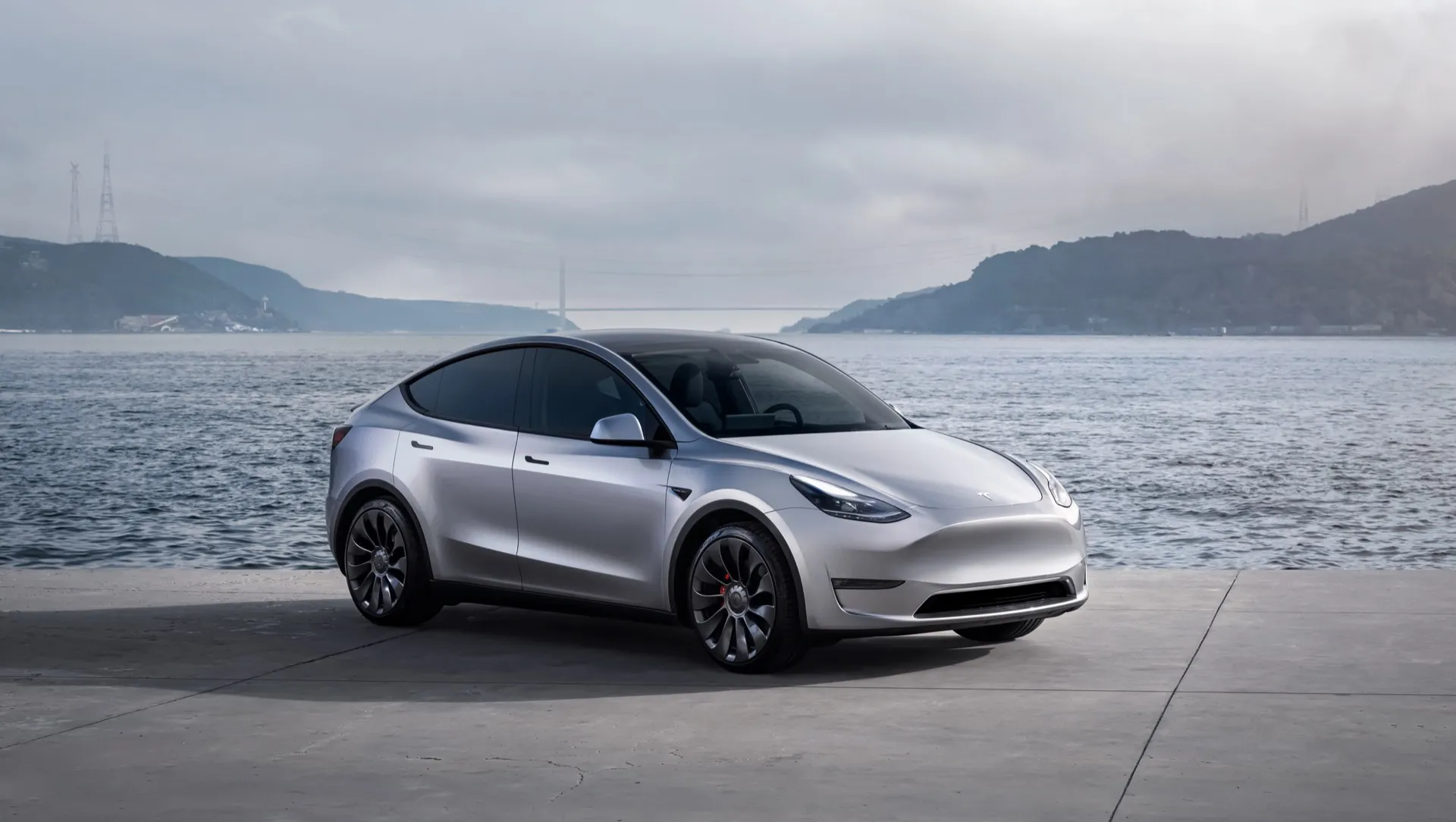- Ferrari is prepping its first EV
- The new electric car will be built at its own newly-built factory in Maranello
- Ferrari plans for most of the factory’s power to come from sustainable sources
Ferrari recently unveiled an expansion of its factory to accommodate production of the automaker’s first EV.
The reconfigured “e-building” factory will produce internal-combustion engines, electric motors, battery packs, and hybrid powertrain components, allowing Ferrari to adjust the mix of traditional gasoline cars, hybrids, and EVs depending on demand, the automaker said in a press release.
Ferrari e-building
The goal is for the building to be powered entirely by renewable energy from both external and internal sources, the latter including more than 3,000 solar panels on the roof that generate a combined 1.3 megawatts of power, according to Ferrari. More than 60% of the energy used in battery and motor testing can also be recovered for other uses, the automaker claims.
The facility also incorporates rainwater-capture hardware to cut down on freshwater usage and is minimally disruptive to the surrounding area, Ferrari claims. It’s situated just north of the existing Ferrari campus in Maranello, Italy, on redeveloped land, replacing older industrial structures.
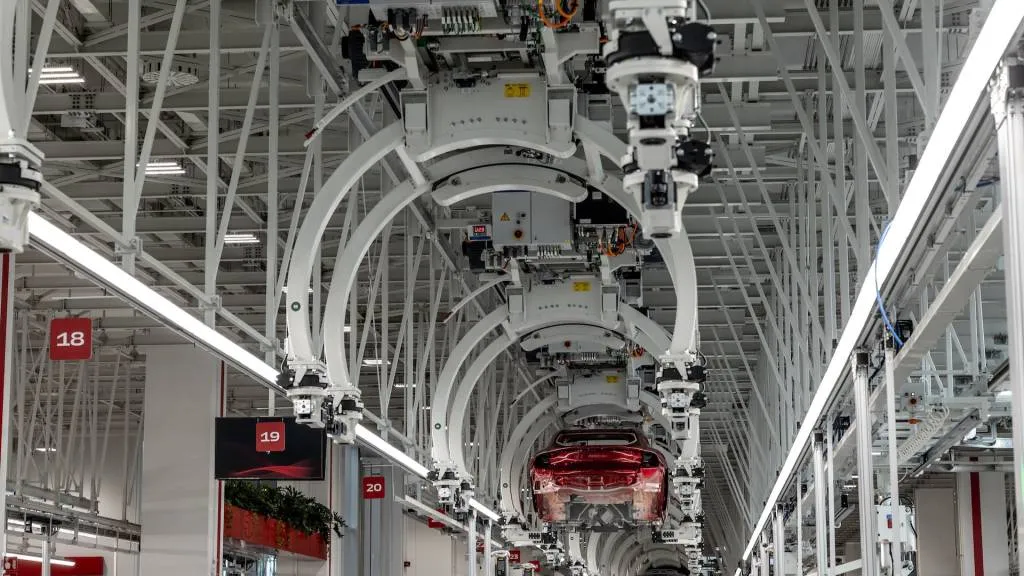
Ferrari e-building
It was only a decade ago that Ferrari was vehemently against launching an EV, but it’s now slated to do exactly that in 2025. A recent report put the price tag at $500,000 or more. That would put Ferrari’s first EV at the higher end of the automaker’s pricing spectrum, above the current SF90 Stradale plug-in hybrid and Purosangue SUV.
Similar to its approach with gasoline engines, Ferrari intends to develop its own electric motors, inverters, and batteries. In the latter area, though, Ferrari is also working with battery supplier SK On. The two already have a deal for supply of batteries for Ferrari’s existing plug-in hybrids, and in March announced a collaboration on advanced battery-cell development.

